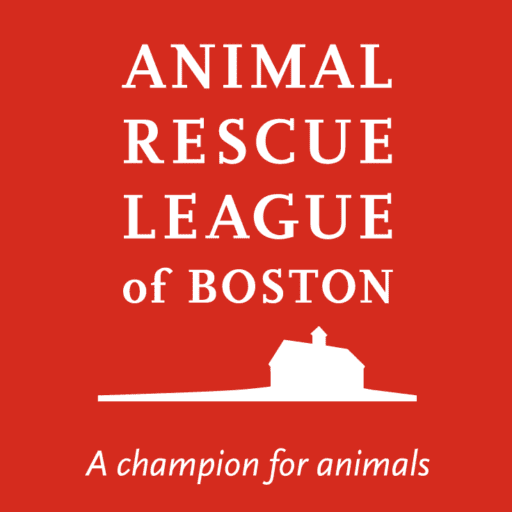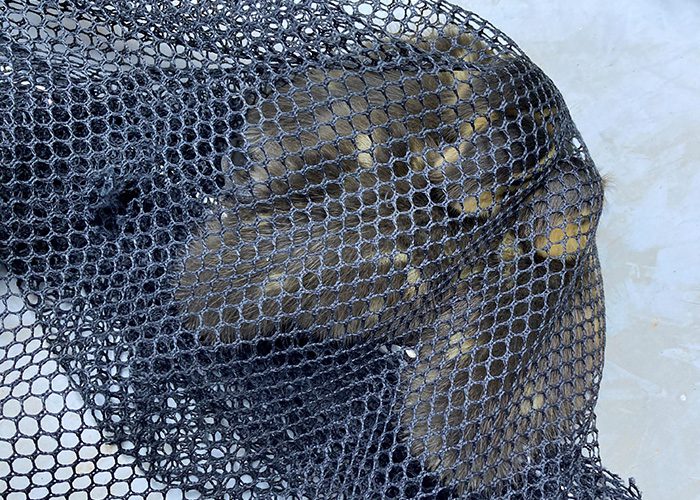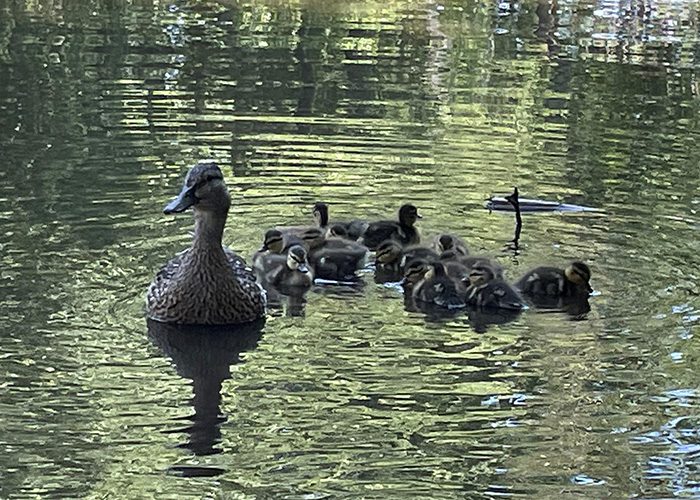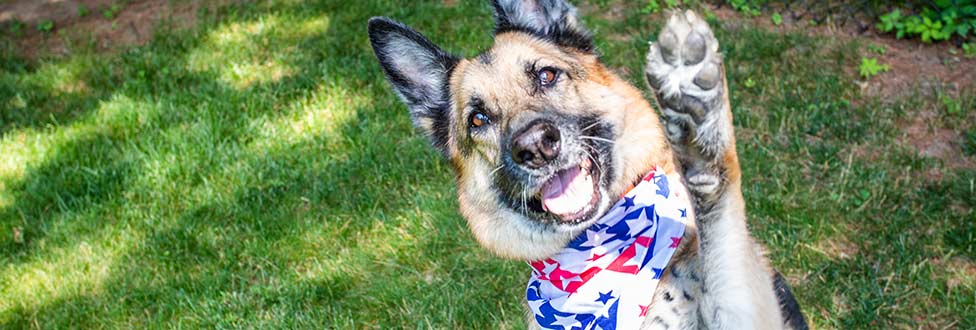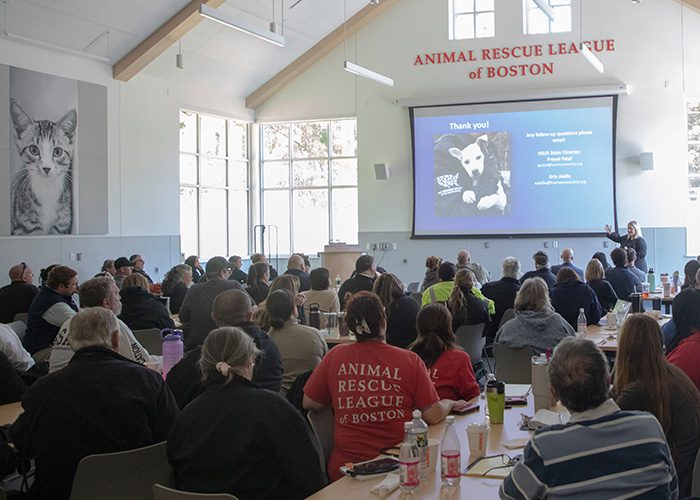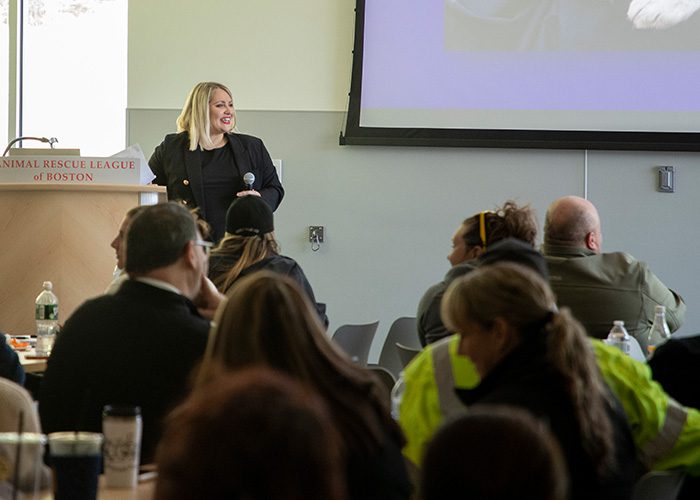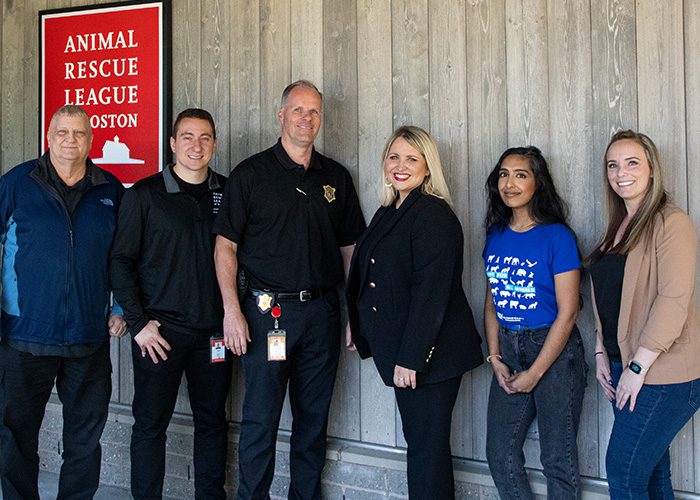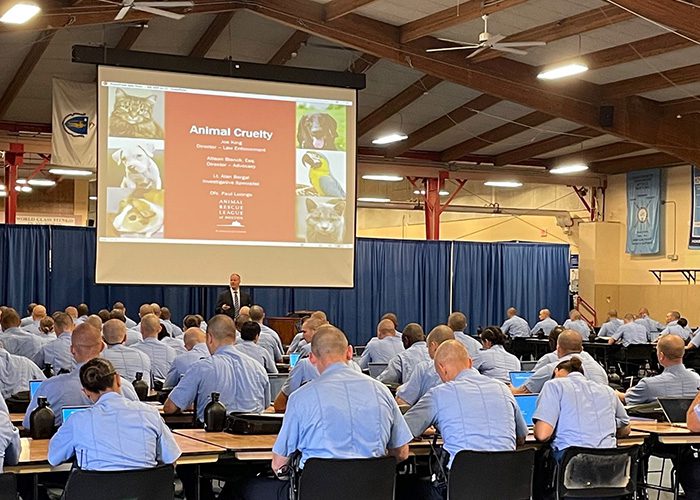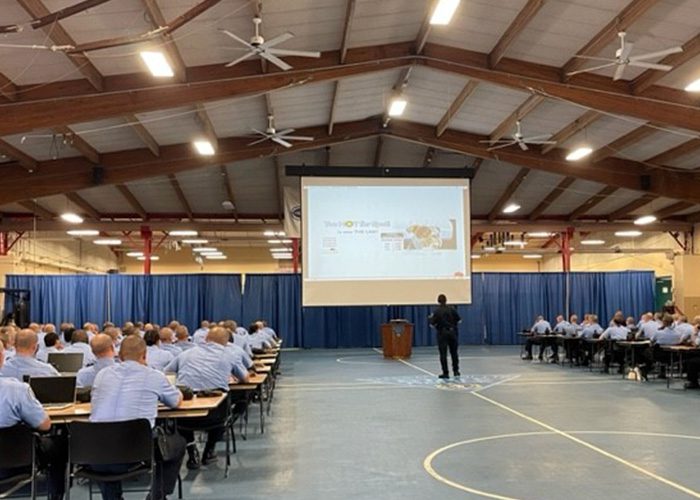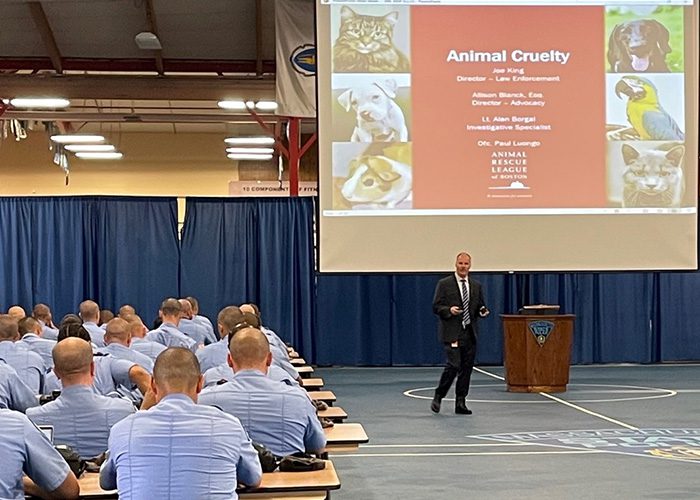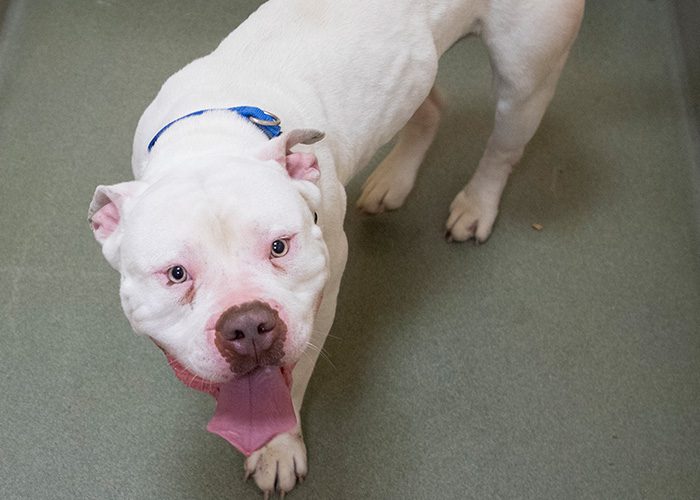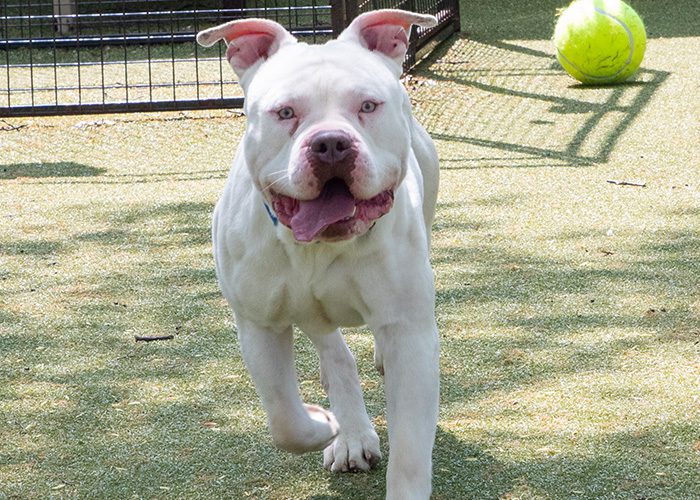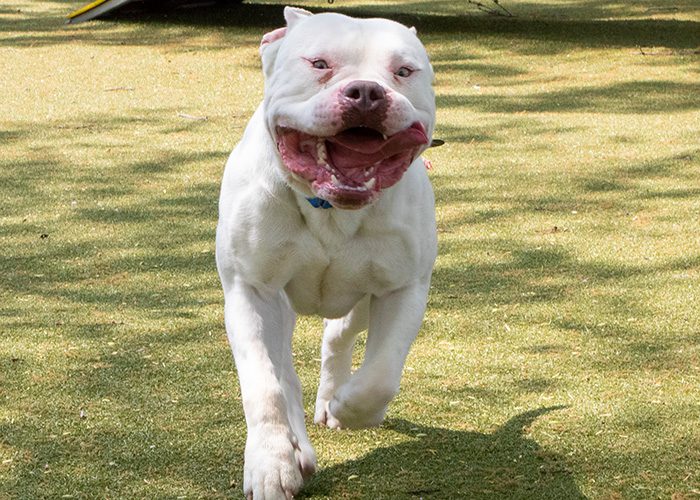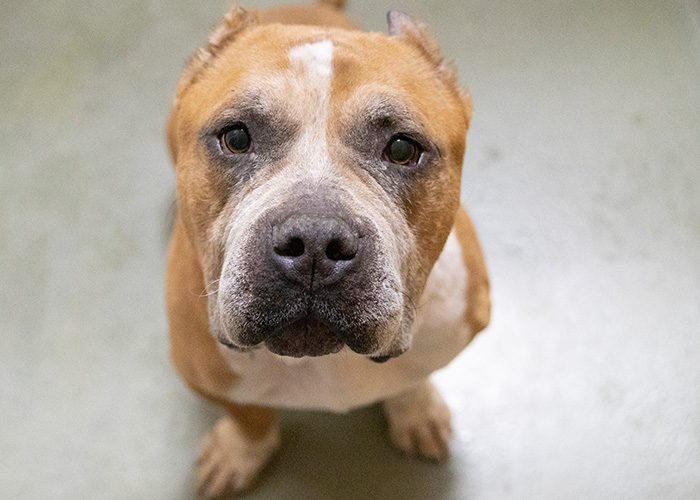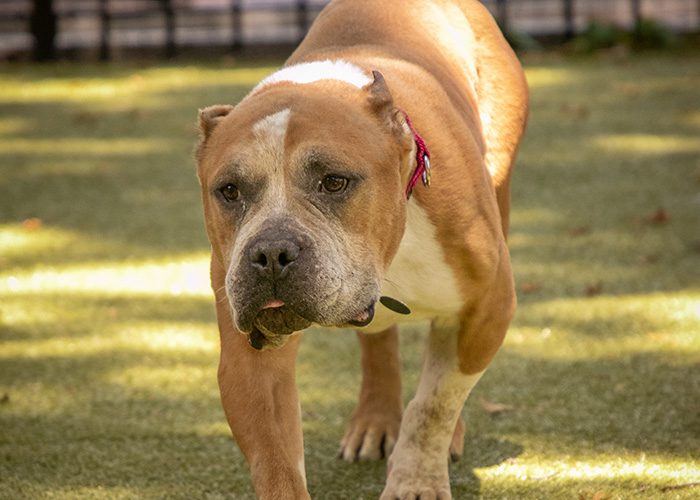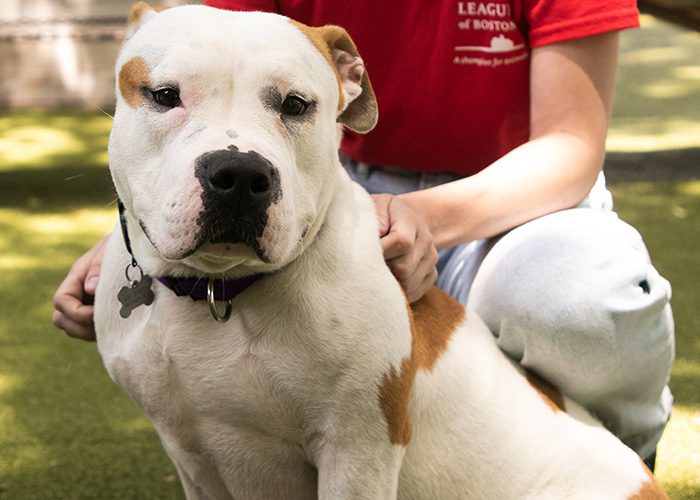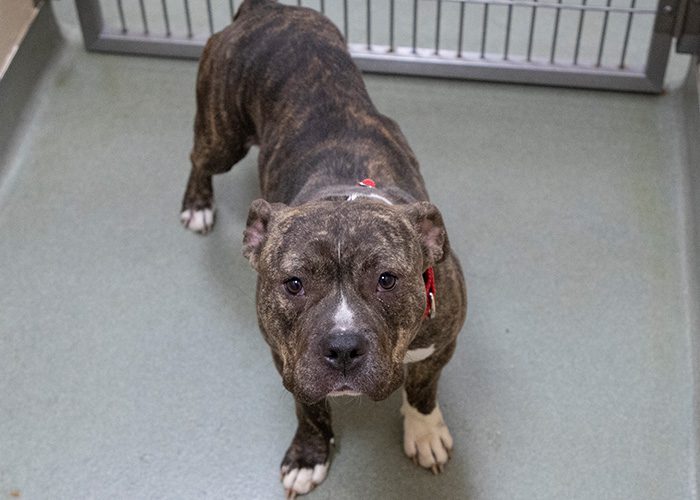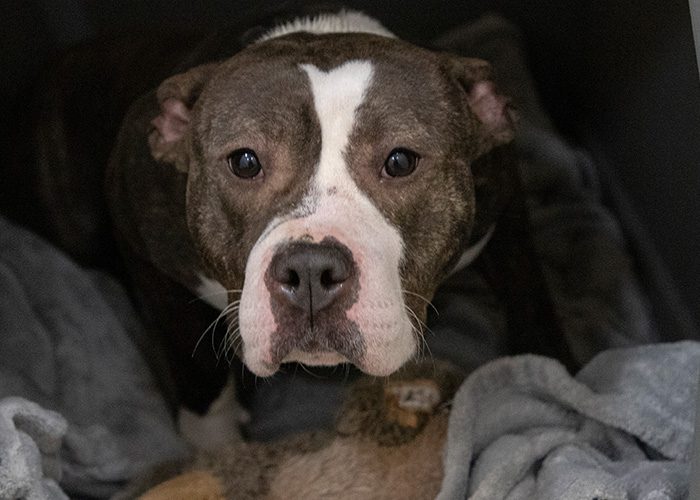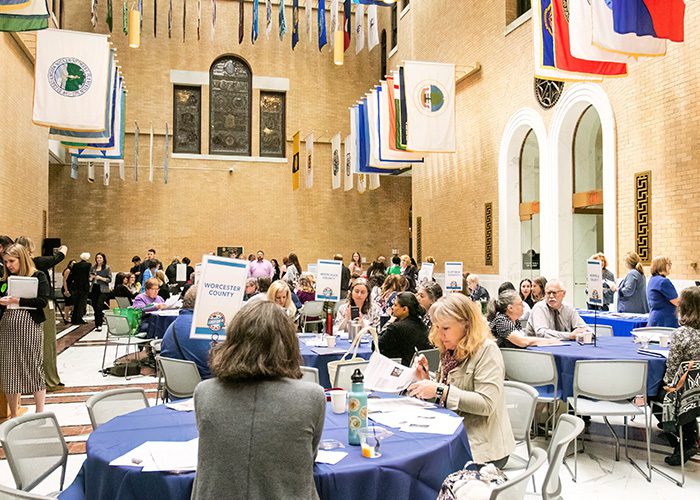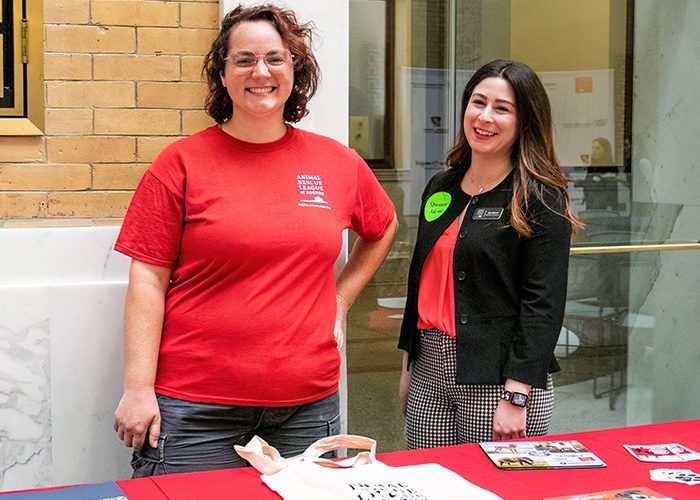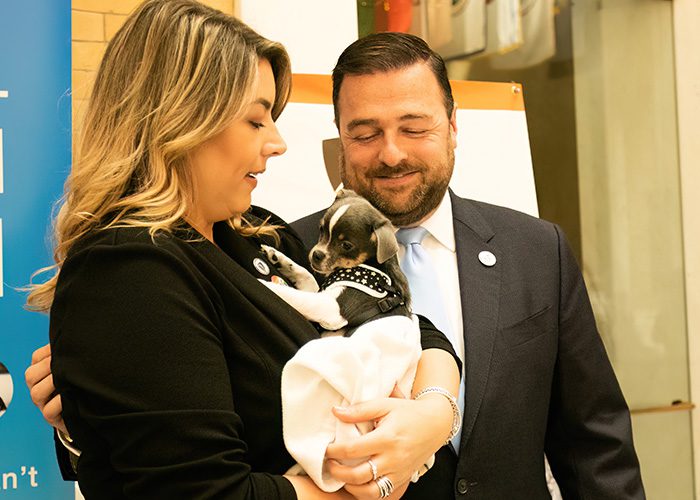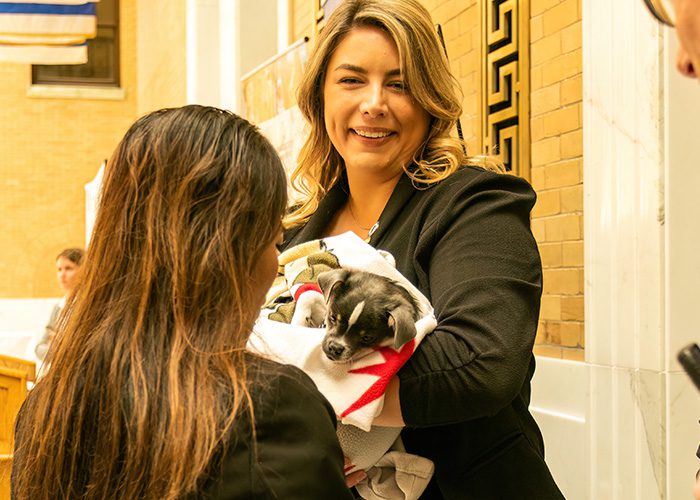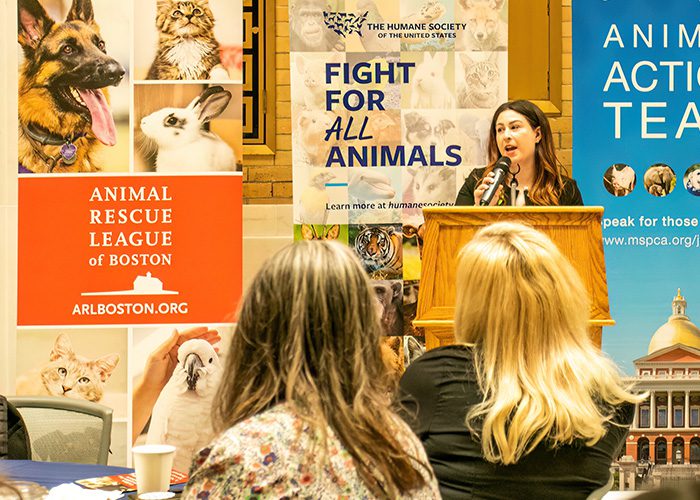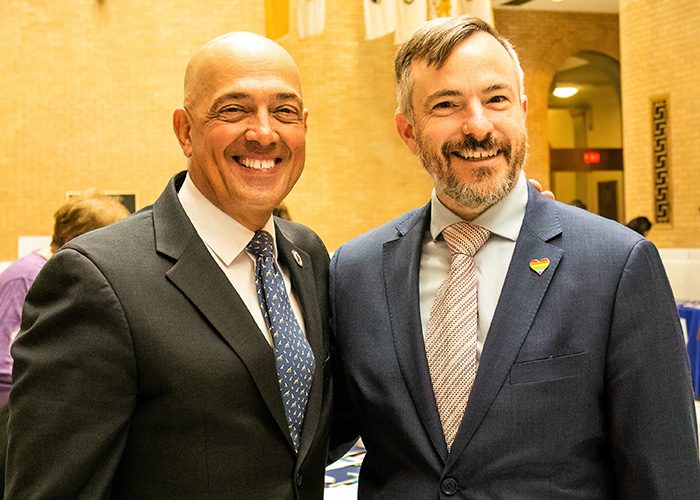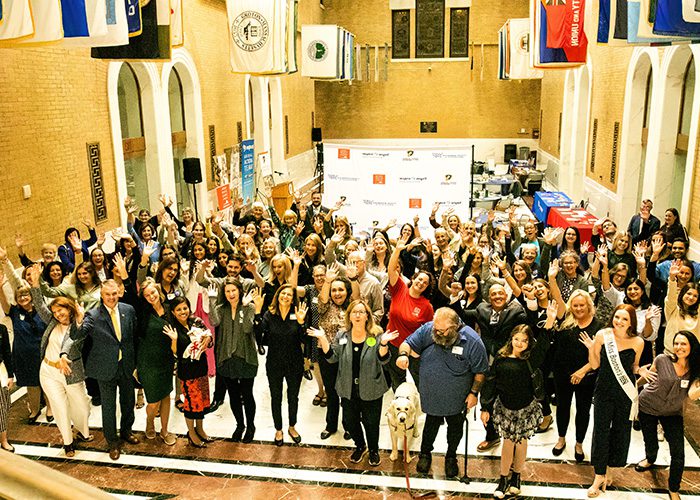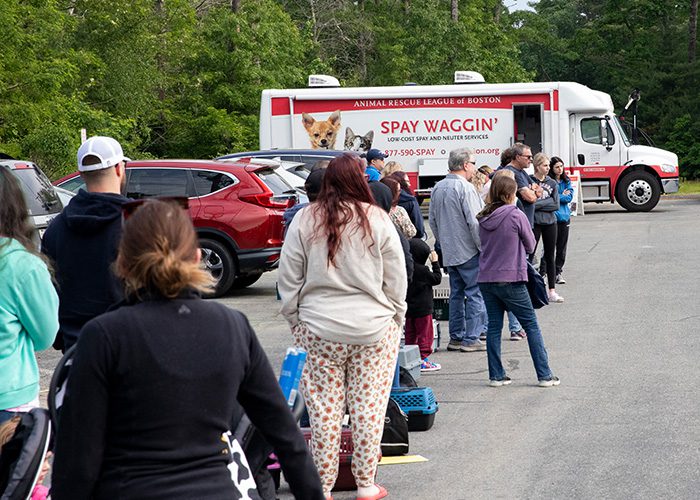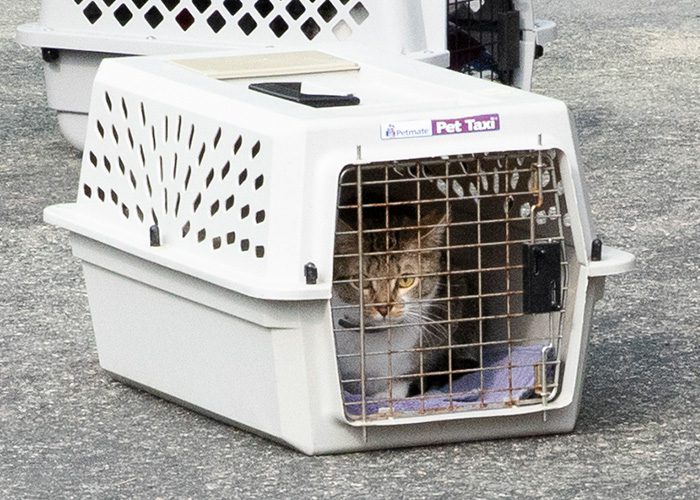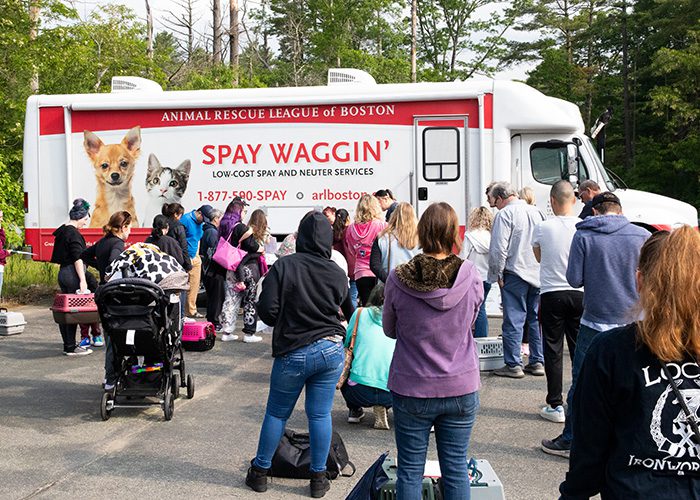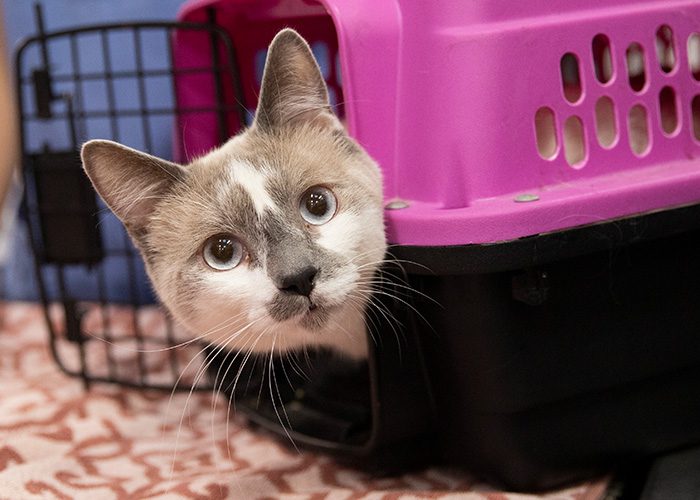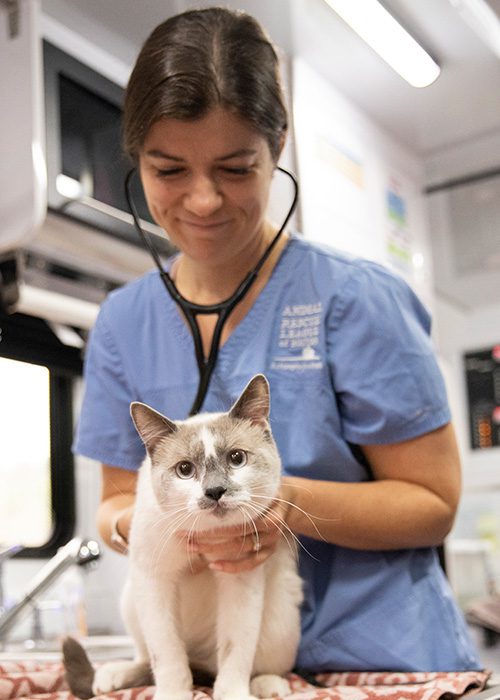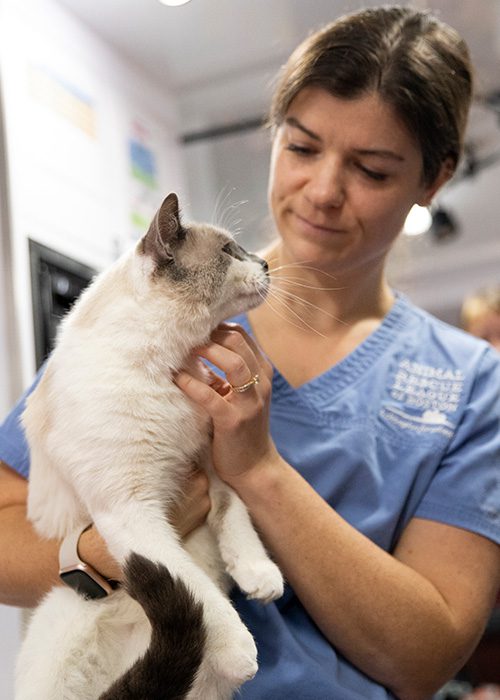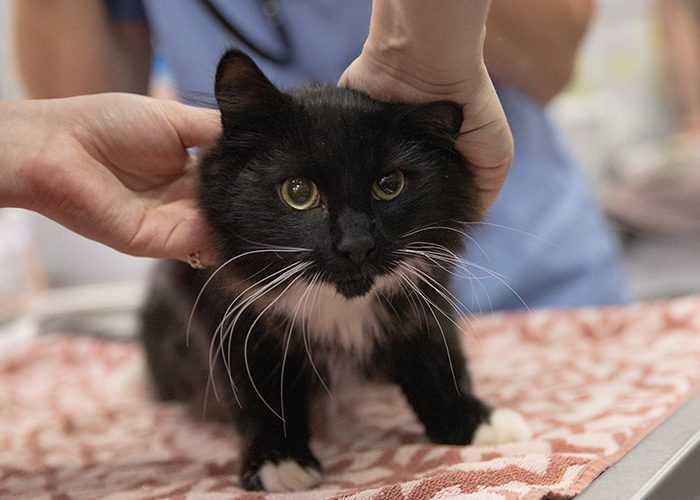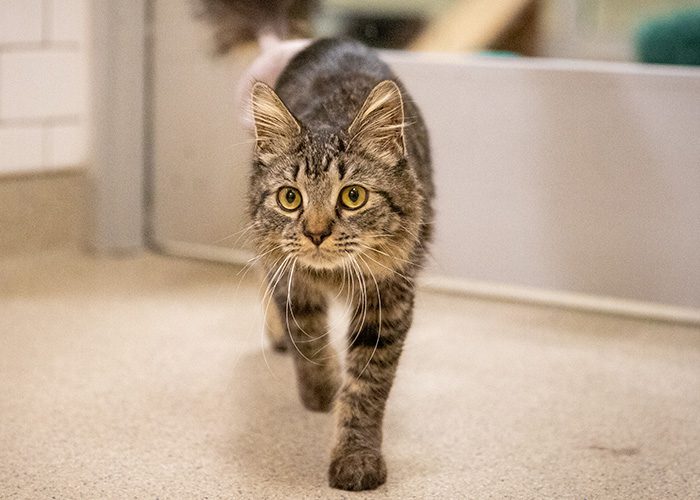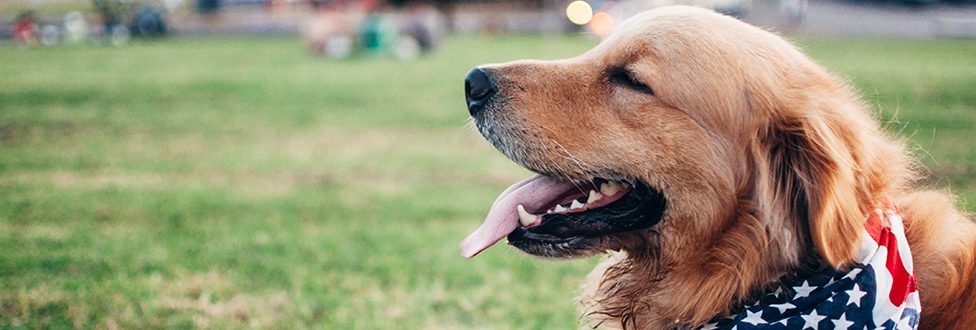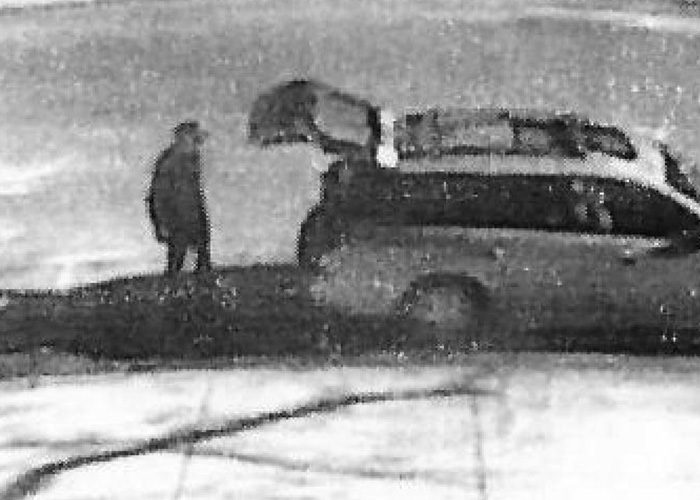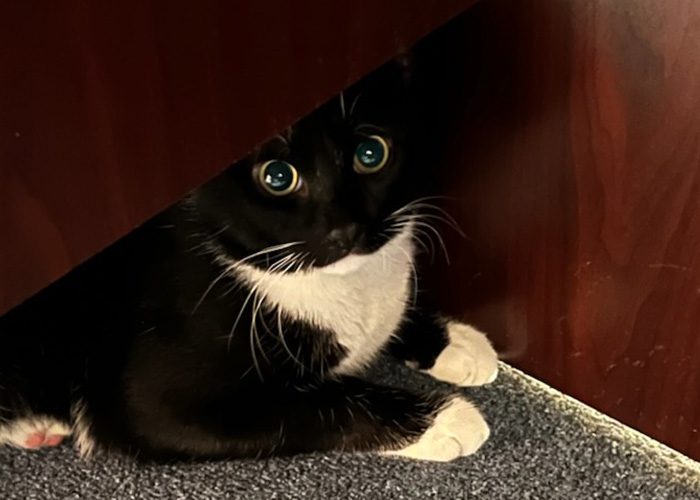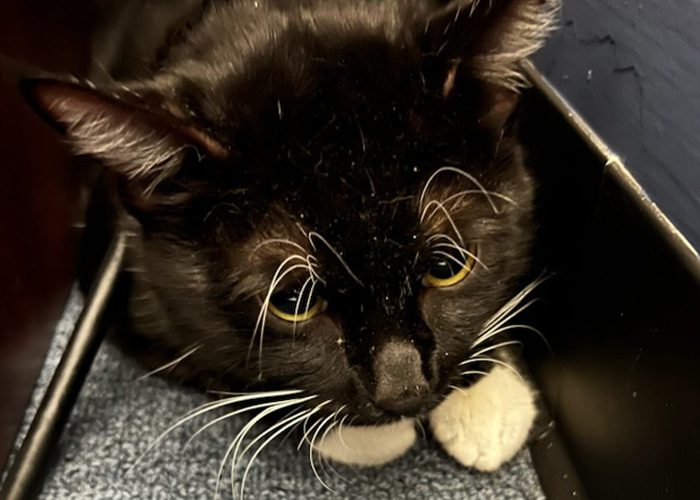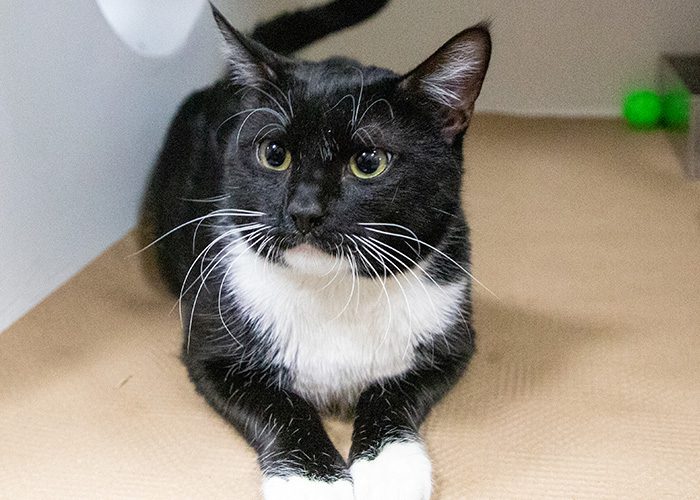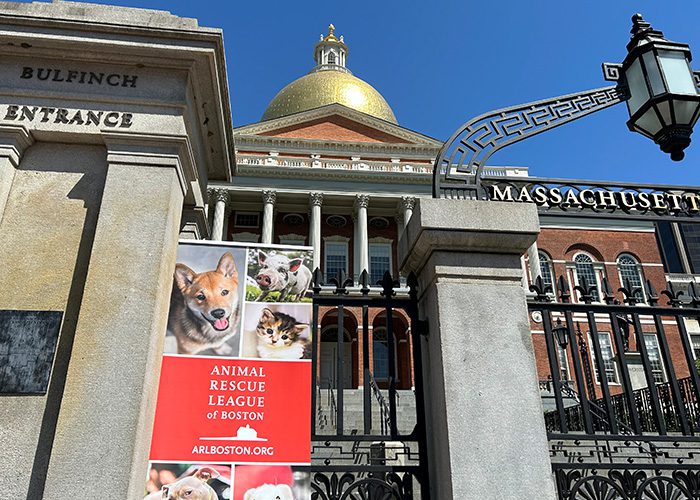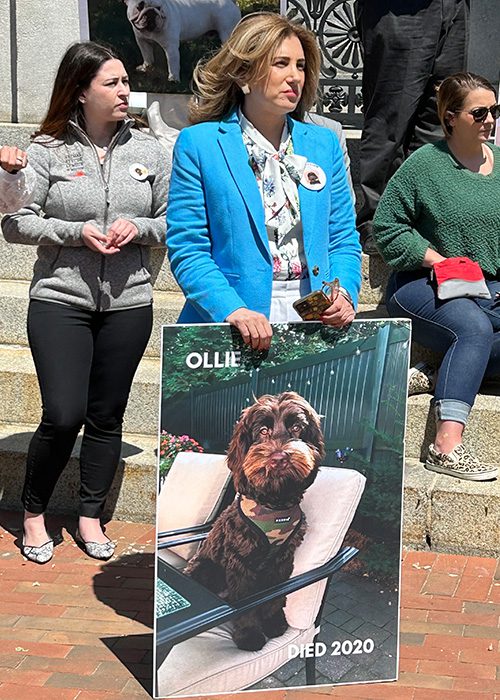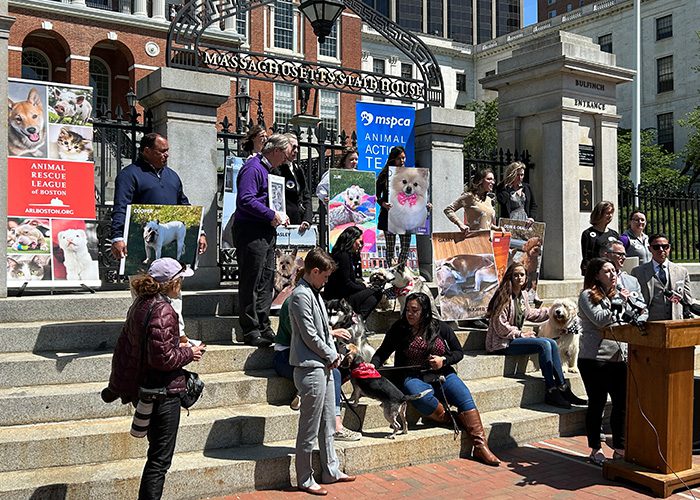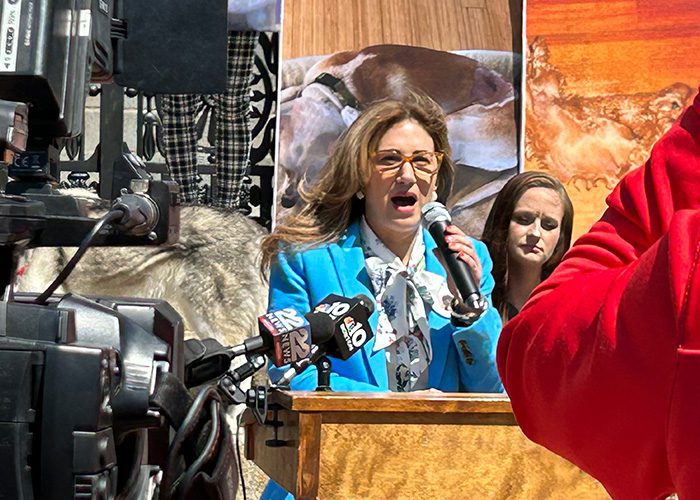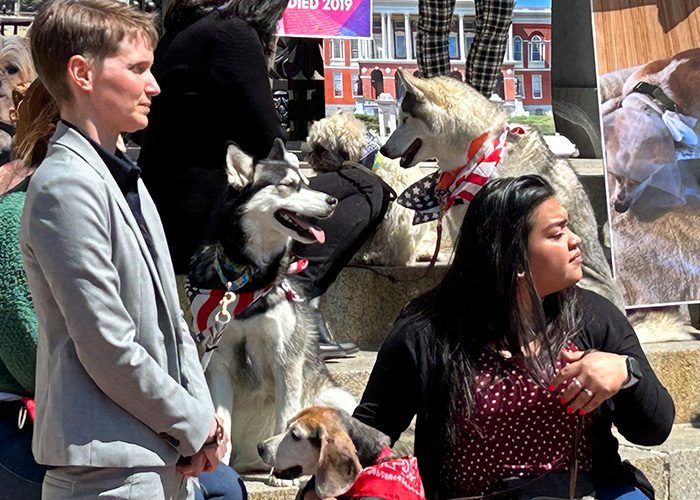ARL Assists Boston Animal Control to Rescue Family of Ducks from Busy Boston Street
Ducks relocated to the Back Bay Fens
This past week, the Animal Rescue League of Boston’s (ARL) Field Services Department assisted Boston Animal Care and Control in the rescue of a family ducks from a patio along a busy Boston street, and moving them to a safer location.
The mama duck and her seven ducklings were on a patio along the 800 block of Boylston Street in Boston, creating a dangerous situation, particularly for the ducklings.
Boston Animal Control contacted ARL for assistance and once on-scene, the ARL’s Field Services agents were able to safely corral and trap the ducklings with a net before placing them in a transport crate.
Once the ducklings and their mother were ready for transport, Boston Animal Control brought the family of ducks to a waterway along the Back Bay Fens, where the family quickly acclimated to their new surroundings away from the hustle and bustle of the busy Boston streets.
About ARL Field Services
ARL Field Services provides technical and non-technical rescue operations for injured or lost domestic animals, livestock, and raptors (turkey vultures, osprey, hawks, eagles, falcons, and owls).
ARL Field Services also assists governmental agencies with equipment and training; and plays an essential role in assisting ARL Law Enforcement in cases of animal cruelty, neglect, and abuse.
If you need assistance, call (617) 426-9170 to reach ARL Field Services dispatch, which operates from 9:30 AM – 5:30 PM Tuesday-Saturday.
